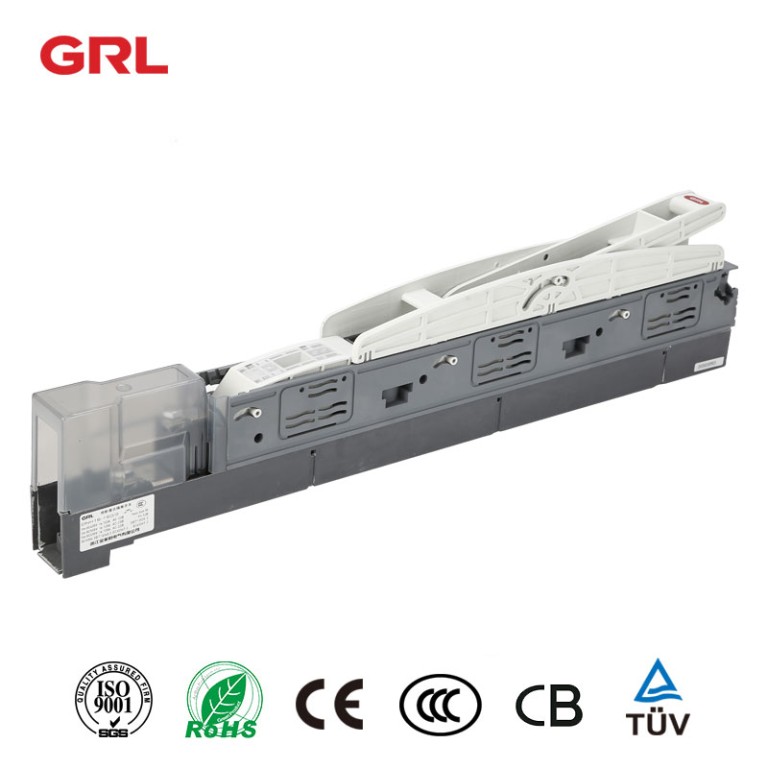Vertical Disconnectors in Power Distribution Systems
April 24, 2025 | News | No Comments

# Vertical Disconnectors in Power Distribution Systems
## Introduction to Vertical Disconnectors
Vertical disconnectors are essential components in power distribution systems, designed to provide a visible break in electrical circuits. These devices play a crucial role in ensuring safety during maintenance operations and isolating sections of the power grid when needed.
## Key Features of Vertical Disconnectors
Vertical disconnectors offer several important features that make them valuable in power distribution:
– Visible isolation point for enhanced safety
– Robust construction for outdoor applications
– Vertical operation mechanism for space efficiency
– High current-carrying capacity
– Reliable performance in various weather conditions
## Applications in Power Distribution
Vertical disconnectors find widespread use in various power distribution scenarios:
### Substation Applications
In substations, vertical disconnectors are used to isolate transformers, circuit breakers, and other equipment for maintenance purposes.
### Overhead Line Isolation
Keyword: Vertical disconnectors
These devices are commonly employed to create isolation points in overhead power lines, allowing for safe maintenance of specific sections.
### Industrial Power Systems
Many industrial facilities utilize vertical disconnectors to provide isolation points in their internal power distribution networks.
## Advantages Over Horizontal Disconnectors
Vertical disconnectors offer several benefits compared to their horizontal counterparts:
– Reduced space requirements
– Better clearance in confined areas
– Improved visibility of the open position
– More compact installation footprint
– Easier maintenance access
## Installation Considerations
Proper installation of vertical disconnectors is crucial for optimal performance:
– Adequate clearance for full operation
– Proper alignment of moving contacts
– Correct torque application on connections
– Appropriate foundation support
– Consideration of environmental factors
## Maintenance Requirements
To ensure long-term reliability, vertical disconnectors require regular maintenance:
– Periodic lubrication of moving parts
– Inspection of contact surfaces
– Verification of proper operation
– Cleaning of insulating components
– Tightness check of electrical connections
## Future Developments
The future of vertical disconnectors includes:
– Integration with smart grid technologies
– Improved materials for enhanced durability
– Remote operation capabilities
– Advanced monitoring systems
– More compact designs for urban applications
Vertical disconnectors remain a vital component in modern power distribution systems, offering reliable isolation and enhanced safety for electrical networks worldwide.